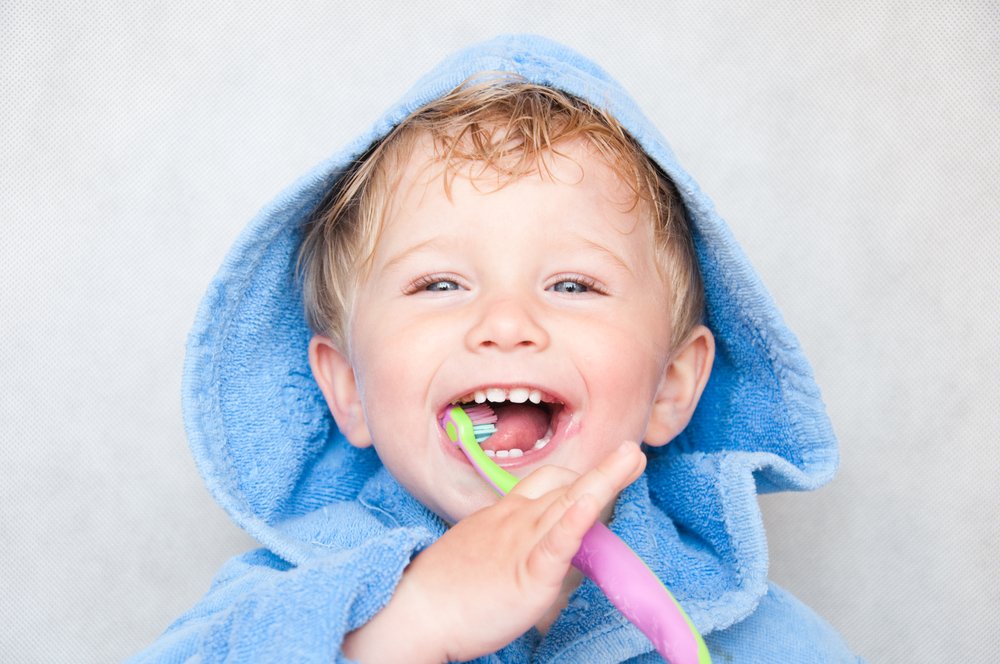Key points:
- Children’s teeth start to appear at around 2 years old, including the canines or “fangs”.
- Milk teeth are temporary but still require proper dental hygiene to prevent decay and infections.
- Toddlers should be taught to spit out toothpaste after brushing, with no water rinsing.
- Brushing teeth daily should be practiced with parental supervision, and made to be fun and part of the child’s daily routine.
When your child is almost 2 years old, they’ll probably have many teeth that allow them to bite and articulate words. Learn how to keep your toddler’s teeth clean!
All about your toddler’s teeth
Maybe all of their teeth haven’t come out yet, but they will appear soon enough. At this stage, the canines, commonly known as fangs, are due to come out and they will flaunt a beaming new smile!
Babies’ teeth, also known as milk or primary teeth, are temporary. As they grow, your little one will lose them to leave space for their permanent teeth. The fact that they are temporary doesn’t mean that we can neglect them. On the contrary, just like permanent teeth, milk teeth are subject to decay and dental infections if they are unattended. Also, keep in mind that teaching children healthy hygiene habits at an early age will help promote cleanliness in the future.
Dental hygiene for children
For the past few months, you’ve been taking care of your baby’s teeth and now it’s time to take the next step. It’s time to teach your child to spit after brushing their teeth. Tell them that after they wash their mouth, they have to spit out the toothpaste. Show them how to do it and then ask them to imitate you. Instruct them to spit only in the sink, after they’re done brushing their teeth. Avoid giving them water to rinse out their mouth, because at this age they’re more likely to swallow it than spit it out.
Practice brushing their teeth daily. Your little one will probably want to take control of the toothbrush, and that’s very good! Start teaching them the proper movements by holding the toothbrush together and brushing from top to bottom throughout their mouth.
Don’t expect your toddler to master brushing their teeth immediately. It will take time for them to learn the right moves. That’s why you must always accompany them and remind them how to do it. If you are worried that your little one won’t clean their teeth and mouth properly, you can take turns at first; let them brush their teeth in the morning and help them in the evening.
Remember to make brushing their teeth fun and engaging, and to let your child watch you wash your teeth because children learn through imitation. Also, try to teach them that brushing their teeth is part of their daily routine, so they get used to it!








